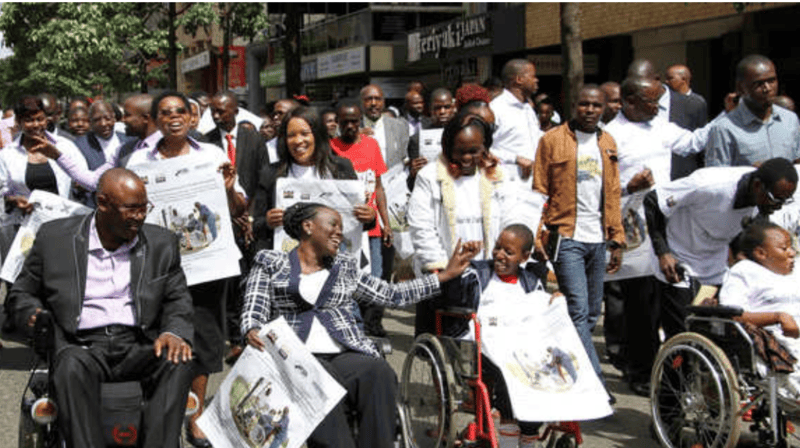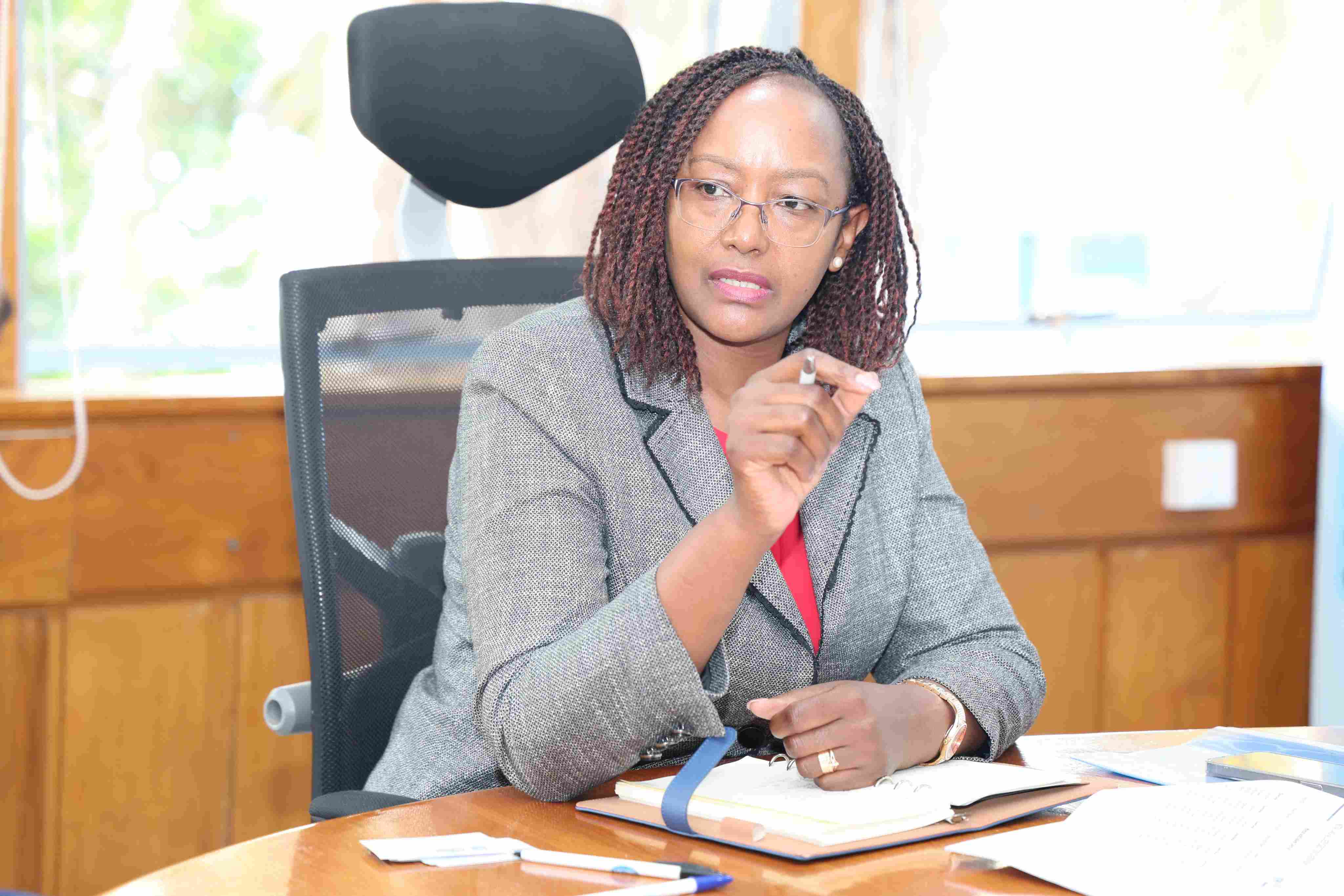WHO launches investment charter in Africa to tackle healthcare worker shortage

The World Health Organisation (WHO) Regional Office for Africa and partner organisations launched the region's first-ever health investment charter, aiming to align and drive sustainable investment in the health workforce.
The launch of the Africa Health Workforce Investment Charter marks a significant milestone in addressing the critical shortage of healthcare workers in the region.
More To Read
- WHO warns tobacco use threatens fertility in men, women
- Garissa County signs MoU with KMPDU to boost doctors’ careers and staffing
- Malaria: Drug resistance and underfunding threaten progress towards eliminating killer disease
- Sudan’s crisis deepens with communities trapped in ‘siege conditions’
- Adult obesity treatment enters new era with WHO-endorsed GLP-1 drugs
- Flu shots: how scientists around the world cooperate to choose the strains to vaccinate against each year
In a statement released on May 6, the WHO said the Africa Health Workforce Investment Charter brings together national governments, the private health sector, civil society, external financing institutions, and development partners in Africa to address funding shortages and a lack of healthcare professionals.
Spearheaded by the WHO Regional Office for Africa and partner organisations, the charter aims to mobilise sustainable investment to bolster the health workforce, particularly in underserved areas like rural and primary healthcare settings.
The charter sets an ambitious target of halving the 6.1-million health workforce shortage in Africa by 2030, stating the need for coordinated efforts from domestic and international sources.
"By investing in the health workforce, we not only address the challenges within the sector but also generate dividends in education, employment, and gender equality," said Dr Matshidiso Moeti, WHO Regional Director for Africa.
He noted that investing in the health workforce yields dividends beyond the healthcare sector, contributing to education, employment, and gender equality. Moreover, it has the potential to create decent jobs, particularly for women and youth, thereby promoting inclusive economic growth.
"These investments will contribute to our sustained efforts in attracting more resources and improving the quality of our health workforce," said Dr Matshidiso
In discussing the importance of investing in the health workforce, Dr Saara Kuugongelwa-Amadhila,
Namibia's Prime Minister, highlighted the essential role of healthcare professionals and the necessity of providing them with adequate resources and support.
This sentiment was echoed by Dr Kalumbi Shangula, Namibia's Minister of Health and Social Services, who highlighted the urgency of addressing issues such as rising unemployment and excessive out-migration of healthcare workers from the continent.
The Africa Health Workforce Investment Charter launched today in #Namibia represents our collective commitment to bolster health workforce.
— Dr Matshidiso Moeti (@MoetiTshidi) May 6, 2024
Quality health care requires strong investment in health workers. It's an investment to be nurtured, not a cost to be contained. pic.twitter.com/zqkS9NmW5S
Dr Jean Kaseya, Director-General of the Africa Centre for Disease Control and Prevention, noted the economic returns of such investments, citing studies that estimate a nine-to-one return on investment in the health sector.
"These investments not only enhance healthcare delivery but also stimulate economic growth and advance progress towards achieving the Sustainable Development Goals and universal health coverage," said Dr. Kaseya.
The inauguration of the Africa The Health Workforce Investment Charter in Namibia signifies a commitment to
prioritise and address the challenges facing the health workforce in Africa.
Kenya's healthcare
Early this year the Council of Governors (CoG) raised concern over the significant departure of healthcare professionals from the country,
Muthomi Njuki, Chairperson of the CoG Health Committee, said that the brain drain is leaving Kenyan citizens vulnerable. Njuki raised concerns over policies that contribute to the exodus of health workers.
"The current number of doctors in the country is insufficient to serve Kenya's population of 50 million, exacerbated by professionals seeking better opportunities overseas," said Njuki
According to WHO, the recommended ratio of healthcare professionals is 23 doctors, midwives, and nurses per 10,000 people
The Kenya Medical Practitioners, Pharmacists, and Dentists Union (KMPDU) reported that the doctor-patient ratio in Kenya stands at 1 doctor for every 17,000 patients, significantly below the WHO's recommended ratio of 1 doctor for every 1,000 patients. This is despite the country having over 3,000 unemployed doctors.
According to Governor Njuki, the shortage of doctors in the country is compounded by the migration of medical professionals in pursuit of better prospects abroad.
Data by the CoG reveals that 362 doctors are currently on study leave, with 135 completing their scholarships and expected to return to their county assignments.
However, concerns arise that some may not fulfil their obligations, opting for transfers or private practice instead. Additionally, 229 doctors are undergoing postgraduate training, further depleting the available workforce.
Governor Njuki stresses the alarming ratio of only 14 doctors for every 10,000 Kenyans compromising healthcare quality.
Despite efforts to train and retain nurses domestically, Kenya struggles to absorb the growing number of nursing graduates due to financial constraints.
Top Stories Today














































